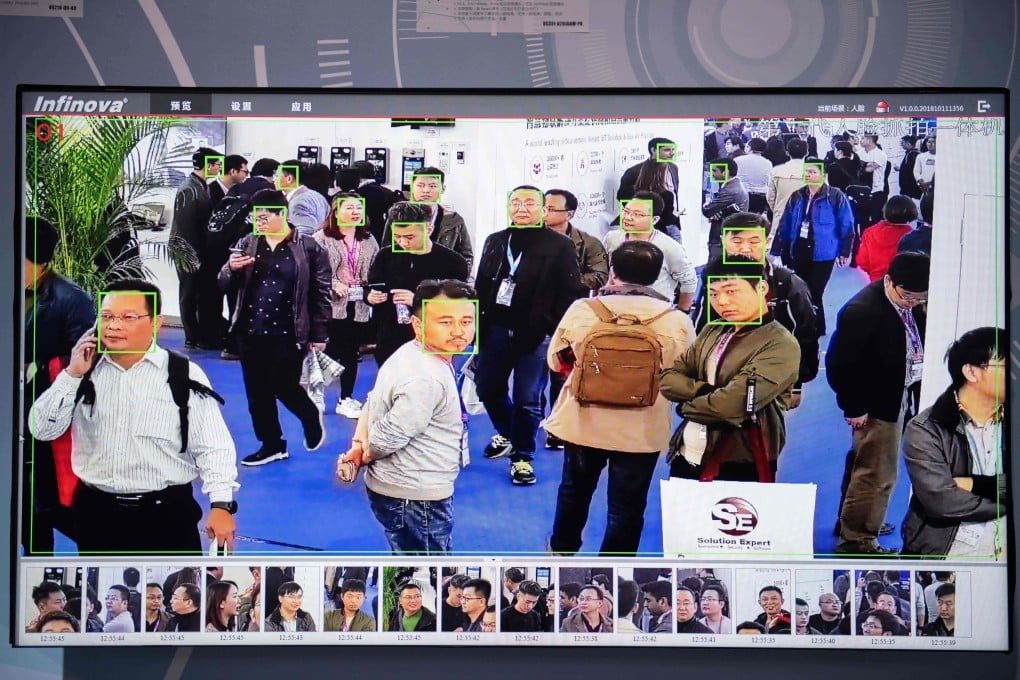You have a choice: China’s top court empowers people to say ‘no’ to facial recognition use by private businesses
- China’s top court pushes back against arbitrary use of facial recognition data and clarifies rules amid widespread technology adoption
- The directive can empower Chinese individuals to resist abuse of facial recognition technology by private businesses

China’s top court has made a key judgment related to facial recognition technology, empowering individuals to reject unauthorised facial recognition data collection by commercial entities such as hotels, banks and nightclubs.
The decision, which is included in a directive issued to local courts this week by the People’s Supreme Court, makes it clear that any collection and analysis of facial data by commercial operations must receive the “independent” consent of the individual concerned. If not, the act of using facial recognition technology can be defined as an infringement of personal rights and interests, a civil offence that allows the victim to file a lawsuit and claim compensation.
The directive will likely have far-reaching consequences for China’s booming surveillance camera and related data systems industry, increasing legal and operating costs.
It also redefines the legal boundary between privacy and surveillance at a time when hotels, shopping malls, bank branches, train stations, airports, stadiums and entertainment venues across China are rushing to install facial recognition systems to digitalise their operations, often without individual consumer consent.

00:59
China’s facial recognition technology identifies people wearing masks amid the Covid-19 epidemic
“The Supreme Court was in a hurry. It didn’t even wait for the Personal Information Protection Law to be rolled out,” said He Yuan, executive director of Shanghai Jiao Tong University’s Data Law Research Centre. “Because it cannot wait anymore.”